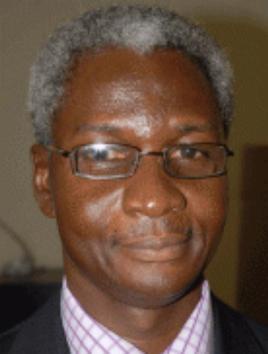
Budget constraints have put the independence of the Audit Service at risk, as it now runs to foreign governments and institutions for funding the Auditor-General, Richard Quartey, has said.
Speaking at the fifth annual Accountability Lecture of the service in Accra, he said: “Budget constraints have jeopardised the Audit Service’s autonomy and stunted its growth, and consequently created a passive scenario for accepting limited resources or active pursuit of alternative funding sources”.
The service recently received funding from the World Bank and other donors to, among other things, revamp its website to enable it post its annual reports online. It also spends a lot of time soliciting financial support from donors with interest in Ghana’s public accountability systems as the service seeks to build its capacity to perform its mandated assignments.
However, the resort to external financial assistance “has the potential of making the service susceptible to the informal sphere of politics, risking the independence and integrity of the audit office,” Mr. Quartey said, adding that this goes contrary to Article 187(7) of the Constitution and Section 18(1) of the Audit Service Act, which provide that the Auditor-General shall not be subject to the direction or control of any other person or authority in the performance of his functions.
The 1992 constitution establishes the constitutional basis for the independent position of the Office of Auditor-General, and establishes the remit of his auditing mandate as covering all the public accounts of the country and submitting reports to Parliament.
Over the years, reports of the Auditor-General have shown how very poorly the country’s public resources have been managed, with public officials often shown to have acted with disregard for the laws, norms and systems of public financial management.
Worse is that the findings are hardly acted upon, and most of the infractions recur and are stated again in future audit reports.
Mr. Quartey said countries which invest adequately in state auditing services gain immensely from effective auditing of the government and public sector, and are often those that experience fast growth and development.
He added that government auditing is very important, as the cost to the economy of poor public financial management is huge.
Even as it is underfunded, the scope of the Audit Service’s work keeps growing in proportion to the number of public institutions needing to be audited and the range of activities of those public institutions.
Citing an example, Mr. Quarter said the creation of additional administrative districts means that from district assemblies’ auditing alone the work of his office will increase, which has obvious resource implications.
But he added that in spite of the challenges, there has been an improvement in the quality of audit reports over the years; and there is evidence of continuing attempts to meet deadlines for submitting reports to Parliament.
He said the Audit Service can only attain the desirable status of a strong, dynamic and independent instrument of accountability if all stakeholders of the service play positive, active and supportive roles to the auditing, regulatory and advisory functions of the service.